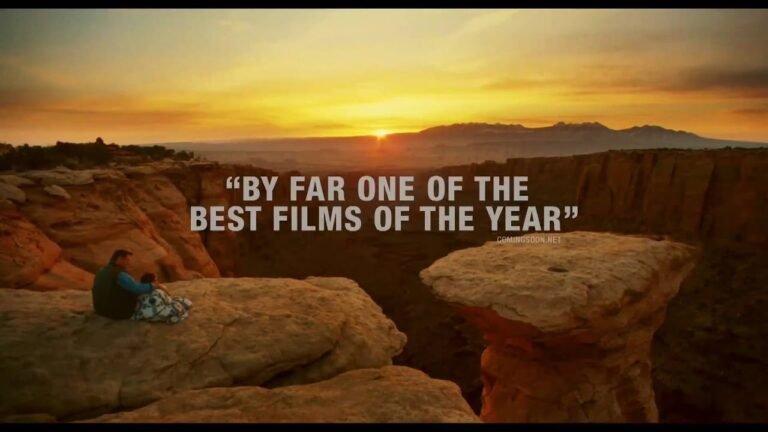Faith and Leadership: The Intersection of Presidents and Religion
Throughout American history, the interplay between presidents and religion has profoundly shaped the nation’s political landscape and cultural identity. From the founding fathers to contemporary leaders, the personal beliefs and public expressions of faith have influenced policies, inspired movements, and united diverse communities. As we explore this intricate relationship, we uncover how religious convictions have both guided and challenged presidential authority, reflecting the enduring complexity of faith in the highest office.
How has religion influenced presidential decisions?
Religion has shaped presidential decisions by guiding moral values, influencing policies, and affecting public perception, often aligning political actions with religious beliefs and constituents’ values.
What religion do most presidents identify with?
Throughout American history, Christianity has been the predominant religion among U.S. presidents, with nearly all identifying as Christians by upbringing. Mainline Protestant denominations, particularly Episcopalians and Presbyterians, have been particularly well-represented in the Oval Office. This religious background reflects a broader cultural heritage, influencing both personal values and political decisions, while some presidents remained unaffiliated with any specific church, showcasing a diversity in belief even within a largely Christian framework.
What was Ronald Reagan’s religion?
Ronald Reagan’s spiritual journey played a significant role in shaping his worldview and leadership style. Influenced by the teachings and values of Christianity, he embraced the faith wholeheartedly, which guided his decisions and interactions throughout his life. This deep-rooted belief not only offered him personal strength but also resonated with many Americans, reflecting a shared sense of hope and purpose during his presidency.
What was President Nixon’s religion?
President Richard Nixon’s religious background was deeply rooted in the Quaker tradition. His mother, a devoted Quaker, instilled in him the values and principles associated with this faith, which emphasize simplicity, integrity, and social justice. His father’s conversion from Methodism to Quakerism further solidified this religious foundation within the family, shaping Nixon’s early worldview.
Growing up in a Quaker household, Nixon was exposed to specific practices that would influence his behavior and character throughout his life. The Quaker emphasis on abstaining from alcohol, dancing, and swearing contributed to a disciplined lifestyle that Nixon adhered to, particularly during his formative years. These values not only guided his personal choices but also played a role in his political persona.
Nixon’s Quaker heritage set him apart in the political landscape of his time. While many politicians were associated with more mainstream religious affiliations, Nixon’s unique background allowed him to connect with a diverse range of constituents. His upbringing not only informed his moral compass but also highlighted the importance of community and service, principles that would resonate throughout his presidency.
Bridging Belief and Governance
In a rapidly evolving world, the intersection of belief systems and governance plays a fundamental role in shaping societies. At this juncture, diverse perspectives and values often collide, leading to both conflict and collaboration. By fostering open dialogue and understanding, communities can harness the strengths of various belief systems to create inclusive governance structures that reflect the needs and aspirations of all citizens.
Effective governance requires a delicate balance between respecting individual beliefs and upholding collective responsibility. This balance can be achieved through policies that encourage civic engagement and participation, allowing citizens to voice their values and priorities. By integrating belief systems into the decision-making process, governments can cultivate a sense of belonging and ownership among their constituents, ultimately leading to more sustainable and harmonious societies.
As we navigate the complexities of modern governance, bridging the gap between belief and policy becomes essential. Emphasizing empathy and respect for diverse viewpoints fosters trust and cooperation among communities. By leveraging the wisdom embedded within various belief systems, leaders can inspire innovative solutions to pressing social challenges, paving the way for a more equitable and resilient future.
Faith’s Role in Presidential Decision-Making
Faith often serves as a guiding compass for presidential decision-making, influencing leaders’ values, ethics, and priorities. When faced with complex issues, presidents frequently draw on their personal beliefs to navigate moral dilemmas and connect with the electorate. This interplay between faith and politics can shape policies on social justice, healthcare, and foreign relations, reflecting a leader’s commitment to their principles. Ultimately, the role of faith in the Oval Office underscores the profound impact of personal convictions on national governance, illustrating how deeply held beliefs can resonate through the fabric of a nation’s direction.
The Spiritual Compass of Leadership
In an increasingly complex world, the essence of effective leadership transcends mere management skills; it hinges on a deep understanding of one’s values and purpose. A spiritual compass serves as a guiding light, helping leaders navigate challenges with integrity and authenticity. This inner framework fosters resilience, enabling leaders to make decisions rooted in empathy and a sense of greater responsibility towards their teams and communities.
Leaders who embrace their spiritual compass cultivate a culture of trust and collaboration. By prioritizing shared values and a clear vision, they inspire others to contribute meaningfully, creating a cohesive environment where everyone feels valued. This approach not only enhances team dynamics but also encourages innovation, as individuals feel empowered to express their ideas and perspectives freely.
Ultimately, the spiritual compass of leadership shapes a legacy that extends beyond immediate results. Leaders who embody these principles foster enduring connections and a sense of belonging among their followers. By aligning actions with core beliefs, they not only drive success but also cultivate a positive impact that resonates through generations, reminding us that true leadership is as much about the journey as it is about the destination.
The intersection of presidents and religion reveals a complex tapestry of beliefs that have shaped American governance and culture. From the founding fathers to contemporary leaders, the influence of faith has played a pivotal role in decision-making and public policy. As society continues to evolve, the dialogue surrounding religion’s place in politics remains fundamental, highlighting the ongoing quest for a balance between personal conviction and the secular principles that define democracy. Understanding this dynamic not only enriches our appreciation of history but also informs the future of political discourse in the nation.






